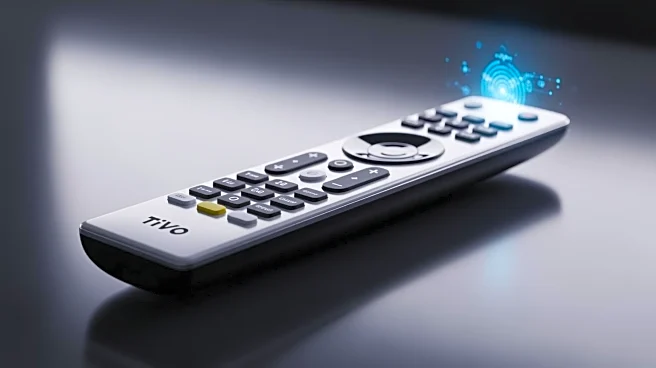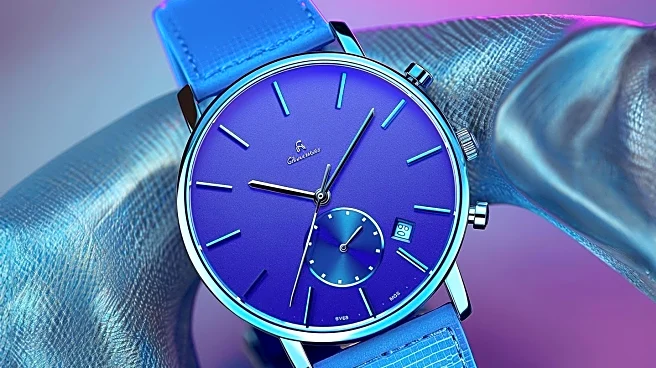What's Happening?
TiVo, once a pioneer in digital video recording technology, has struggled to maintain its relevance in the rapidly evolving television and streaming landscape. Despite winning numerous court battles over
its Time Warp patent, TiVo failed to capitalize on the shift towards streaming services. As companies like Netflix and Hulu emerged, TiVo's focus on litigation over innovation left it lagging behind. The company was eventually acquired by Rovi and later Xperi, shifting its focus to intellectual property licensing rather than hardware development. TiVo recently announced its exit from the hardware business, marking the end of an era for the company.
Why It's Important?
TiVo's decline highlights the challenges faced by companies that fail to adapt to technological shifts. While TiVo was successful in defending its patents, its inability to innovate and compete with emerging streaming services led to its downfall. This serves as a cautionary tale for other companies in the tech industry, emphasizing the importance of innovation and adaptation in maintaining market relevance. TiVo's transition to a focus on intellectual property licensing reflects a broader trend in the tech industry, where companies leverage their patent portfolios as a primary revenue source.
Beyond the Headlines
TiVo's story underscores the broader implications of patent litigation in the tech industry. While protecting intellectual property is crucial, an overemphasis on legal battles can divert resources away from innovation and product development. TiVo's experience also raises questions about the sustainability of business models that rely heavily on patent licensing, especially as technology continues to evolve rapidly. The company's shift away from hardware to focus on a smart TV operating system may be too late to regain its former prominence, but it highlights the ongoing evolution of the television industry.









